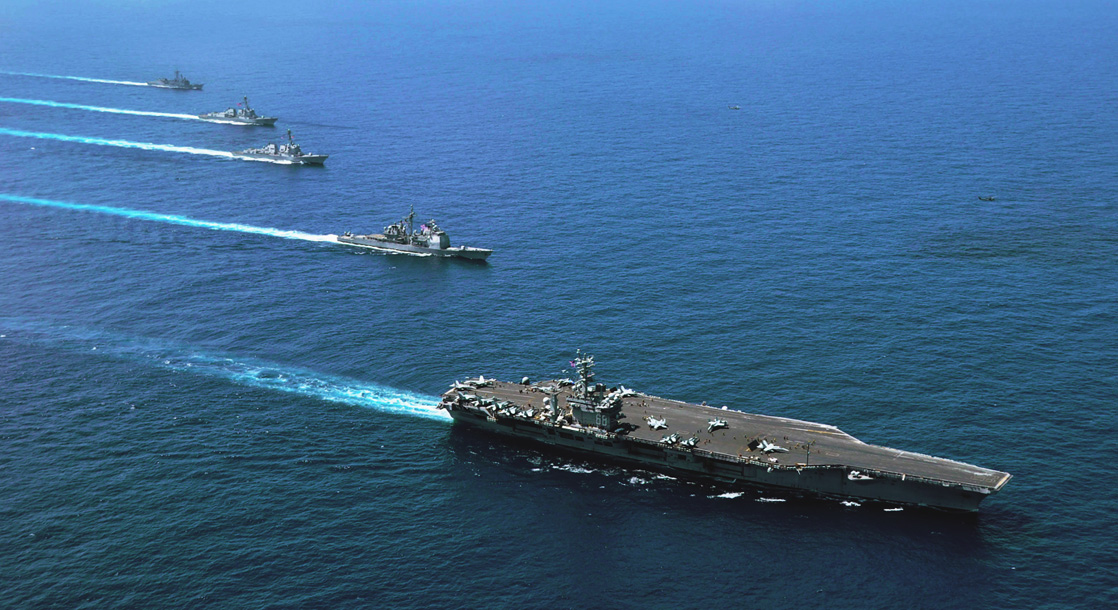An International Court in The Hague declared China’s claims to 90 percent of the world’s main trade routes as illegitimate, a decision with far-reaching implications for the future of world order. Many experts worry of future armed conflict between China and the U.S. as a result of the ruling.
“China’s sweeping, yet undefined, South China Sea claims don’t hold water,” U.S. Naval War College Chinese expert Andrew Erickson said of China’s historical claims to much of the Sea. “Looking forward, all parties concerned must prevent China from grabbing with coercion or force what it could not—and now clearly cannot—obtain legally.”
A five-member panel ruled unanimously in a case brought by the Philippines: Beijing’s claims to almost all of the South China Sea, because of its presence in the region historically, are illegitimate. China immediately rejected the court’s ruling.
The ruling has no means for enforcement by the international community. The future of the South China Sea will have to be negotiated.
As Time Magazine writes: “If talks don’t happen, or go nowhere – and China continues to refuse to back down – a military clash could occur.” $5 trillion in trades crosses the South China Sea each year.
China has been busy dredging in the South China Sea to create new islets to claim as Chinese territory, likely with the intention of deploying military jets to the new islands.
Two U.S. aircraft carriers are now headed towards the western Pacific.
“We don’t get to do two-carrier operations very often,” Admiral John Richardson said. “It’s a terrific opportunity for us to do some [training for] high-end warfighting.”
U.S. warships near the South China Sea are at risk of being attacked by China. Beijing has developed what Pentagon insiders know as the “carrier killer,” a DF-21D missile.
The U.S. has heretofore refused China’s claim of sovereignty to much of the South China Sea. The U.S. conducts “freedom of navigation” exercises through the disputed waters underscoring the U.S. refusal to acknowledge China’s claims.
“We have reached a critical turning point,” says Jerry Hendrix, a retired Navy captain who now works at the Center for a New American Security.
“The U.S. and its Navy, in particular, must now consider plans on how it can best support the international community and uphold the rule of law. All options must be on the table.”
China, too, engaged in antagonistic rhetoric. The China Daily called the case a “farce directed by Washington.” The Xinhua News Agency used similar language, writing the decision is a “farce directed with meticulous care by outside forces.”











